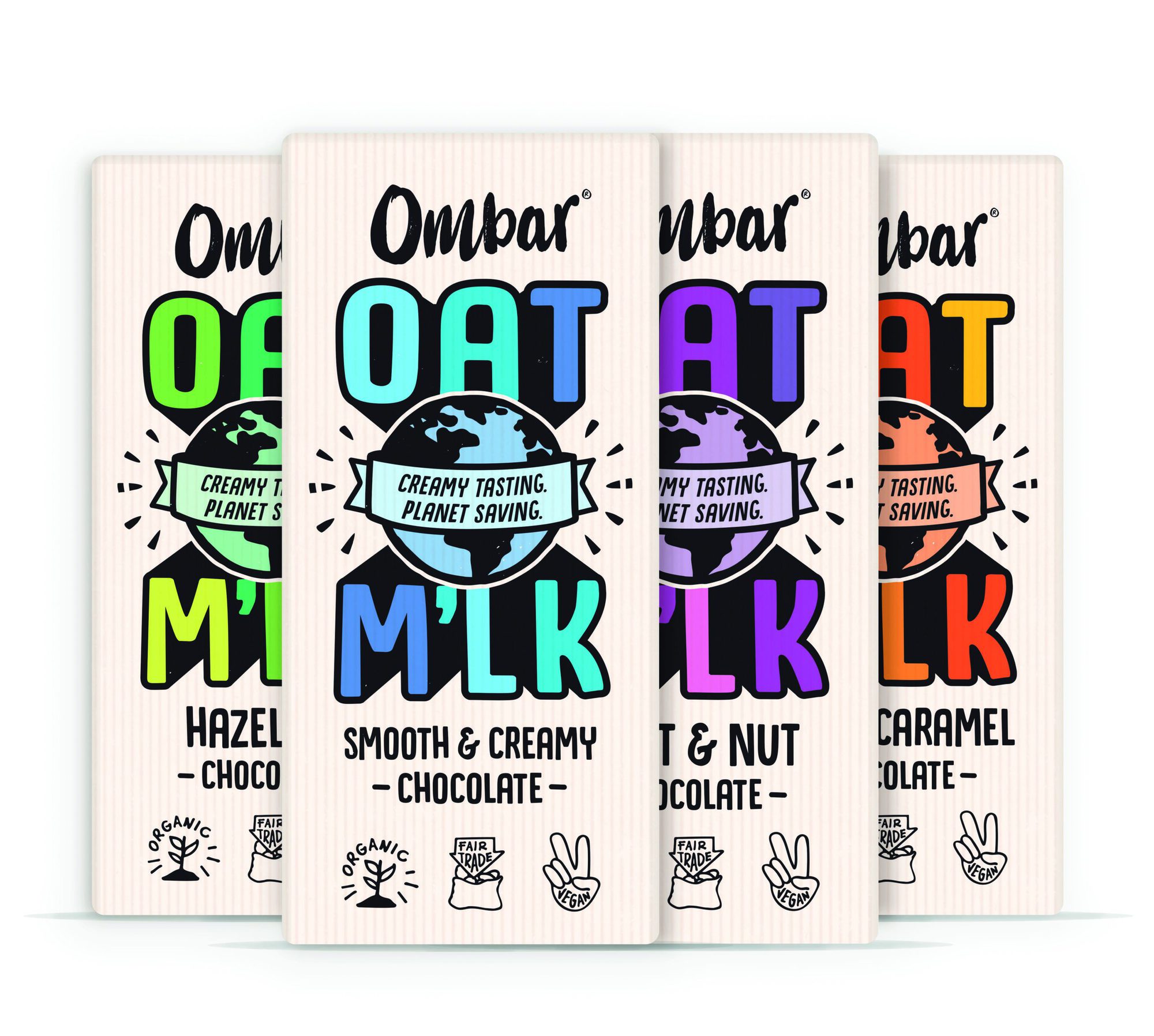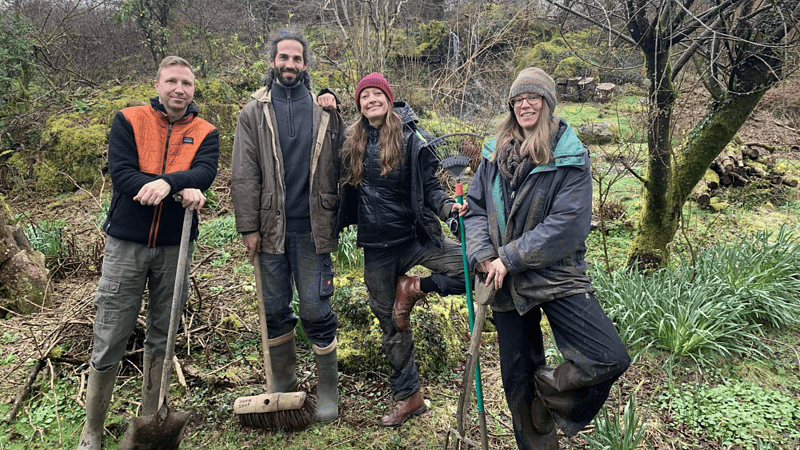
The Chocolate Challenge
How Ombar is benchmarking the eco footprint of its bars, throwing down the gauntlet to the bigger dairy chocolate makers
It’s easy to feel overwhelmed by the severity of the climate crisis; a challenge of immense proportions, being discussed and debated by world leaders and policy makers. As individuals, it is possible for us to reduce our personal impact too — but the trouble with that can be knowing where to start.
Since policy takes time to catch up, many pioneering brands have realised that they can and should be taking action, leading the way in the new movement for climate transparency. One of those brands is yoga chocolate favourite, Ombar.
It has been making ethical, healthier vegan-friendly chocolate since 2007, but in October last year, it introduced something revolutionary — its new Oat M’lk range. It is shaking up the confectionery market as the only chocolate truly with sustainability at its core, and as part of that, has become the first chocolate (on the planet!) to declare its climate footprint on the pack.
So, how exactly does it measure its climate footprint and why is it important?
It has partnered with Carbon Cloud (carboncloud.com), the climate footprint software company founded by climate researchers, to map the entire chocolate making process. The emissions associated with every ingredient and step in production form part of the final number, which is given as the kilograms of CO2e (carbon dioxide equivalent) per kilogram of product. In other words, the number of kilograms of carbon dioxide or the equivalent greenhouse gases that are emitted in order to produce a kilogram of chocolate.
‘Carbon dioxide equivalent’ is used globally as the unit of measurement for climate impact under the Kyoto protocol. The term ‘climate footprint’ is used because while carbon dioxide alone is a huge contributor to climate change, other greenhouse gases including nitrous oxide and methane can sometimes make up as much as 80% of the greenhouse gas emissions associated with a food product.
"As a smaller chocolate maker, if we can measure our footprint, then big businesses most certainly have the resources to measure and declare theirs too. So we’re hoping that we can inspire some of the giants to get on board."
The greenhouse gas emissions measured in a product’s climate footprint are an indicator of its overall climate impact –the higher the emissions, the bigger the impact. “Providing the quantified climate footprint is the most transparent way for us to communicate our impact — the numbers can’t be sugar-coated through offsetting claims,” says Ombar’s Founder, Richard Turner.
Measuring the climate impact of products is important for many reasons — not least because it identifies the steps in the production process which are the most damaging and allows the manufacturer to address them. Communicating this footprint on the pack can then allow customers to make more informed choices about the food, drink, and other goods they buy; that’s great news for conscious consumers seeking to lessen their environmental impact.
“As one of very few brands leading the charge for climate transparency, we recognise that, until other brands come on board and label their products, people need context in order to understand the labelling,” says Turner. “So, with help from Carbon Cloud we’ve benchmarked the climate footprint of ‘regular’ milk chocolate, allowing you to compare products. We found that our Oat M’lk chocolate has less than half the greenhouse gas emissions per kilogram of chocolate, compared to chocolate made with dairy.
So, what’s next? “If we’re to tackle the climate crisis, we need to change our everyday habits and behaviours. Clear information about the environmental impact of food at point of purchase allows us to avoid or consume less products that have more of an impact. As a smaller chocolate maker, if we can measure our footprint, then big businesses most certainly have the resources to measure and declare theirs too. So we’re hoping that we can inspire some of the giants to get on board.”
Ombar Oat M’lk Chocolate
The new creamy and indulgent, plant-based ‘Oat M’lk’ chocolate range from Ombar boasts less than half the climate footprint of ‘regular’ milk chocolate and 3p from every bar funds reforestation of rainforest in Ecuador, where Ombar sustainably sources its cacao. Available in four delicious flavours and free from palm oil.
£15.00 for a bundle of 6 x 70g bars ombar.com

Written by Ellie Stevens, Senior Brand Manager at Ombar Chocolate. Ellie has worked at Ombar for three years and is passionate about ensuring that Ombar makes a positive impact on both planet and people.







